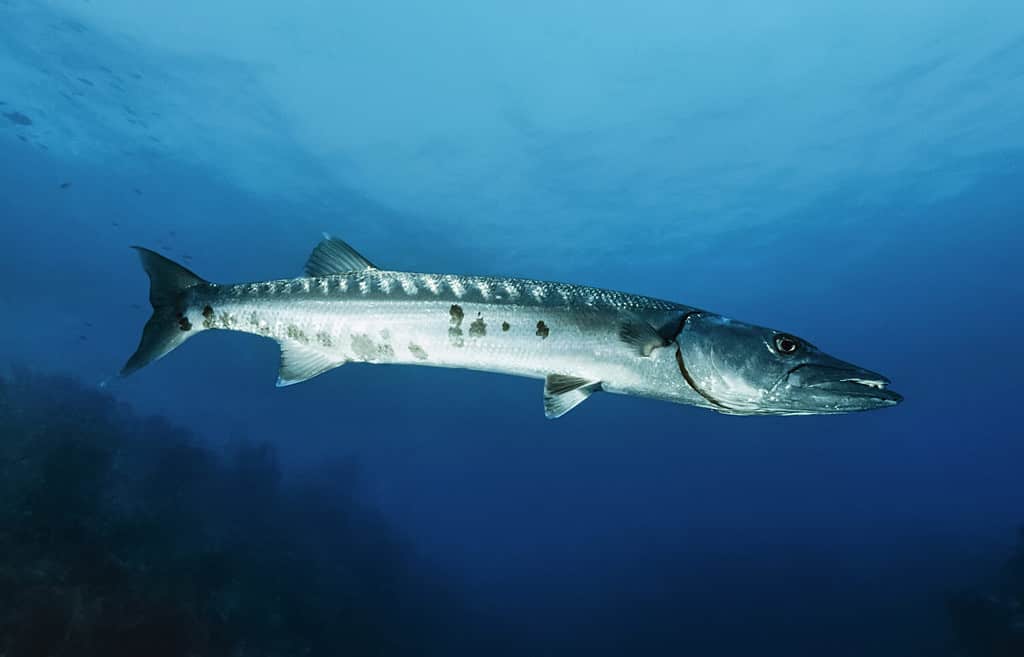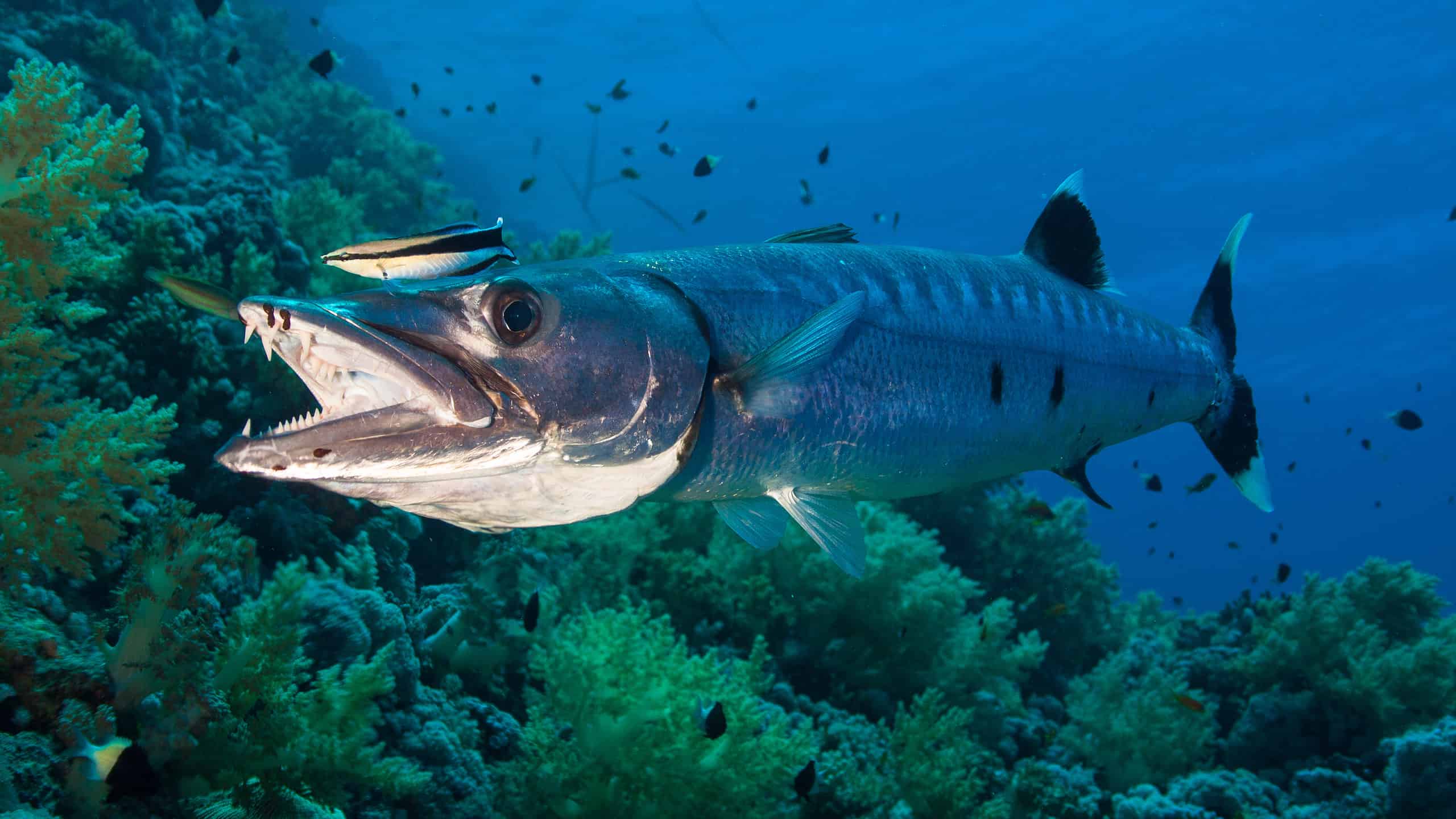A recent great barracuda catch in the state of Connecticut has broken the state record for the largest fish in the exotic category.
Jonathan Rogers caught the massive great barracuda south of Montauk. When brought back to the homeport and sized, it weighed 19 pounds and measured to be 48 inches long. Certain state records, such as those for saltwater fish and trophy fish, may be caught outside of the state so long as the boat’s home vessel is located within Connecticut, as is the case for this voyage. Because of this, although the fish was caught in the waters off New York State, this record is still for Connecticut.
Species Profile: Great Barracuda
The great barracuda (Sphyraena barracuda) is a large predatory ray-finned fish species. It is found in the subtropical oceanic regions of the world. As a result, they’re not a common species to find in Connecticut. Although they are a species of least concern, their numbers are declining in certain areas. This includes Florida.
Overall, great barracudas are fairly large fish. On average, adults tend to measure between 24 and 39 inches in length and can weigh up to 19.8 pounds. One of the largest specimens measured around 6.6 feet, while one of the largest caught was 5.6 feet long.
Great barracudas live and hunt in open seas. They are ambush predators. This means that they rely on the element of surprise and quick speed to capture their prey with their powerful jaws. The great barracuda can reach speeds of 27 miles per hour for short periods of time, allowing them to chase down a wide variety of prey.
Although they may seem solitary, this is only true for some adults. Young and adolescent great barracudas will often group together in their habitats.
One of the most interesting facts about this fish is their “herding” behaviors. After consuming a meal, a no-longer-hungry great barracuda may choose to herd a school of fish into a shallower area. Then, they will choose to guard this school until it is time for their next hunt. This allows them to have easier access to essential sources.

Great barracuda are expert oceanic predators.
©Angelo Giampiccolo/Shutterstock.com
Thank you for reading! Have some feedback for us? Contact the AZ Animals editorial team.








